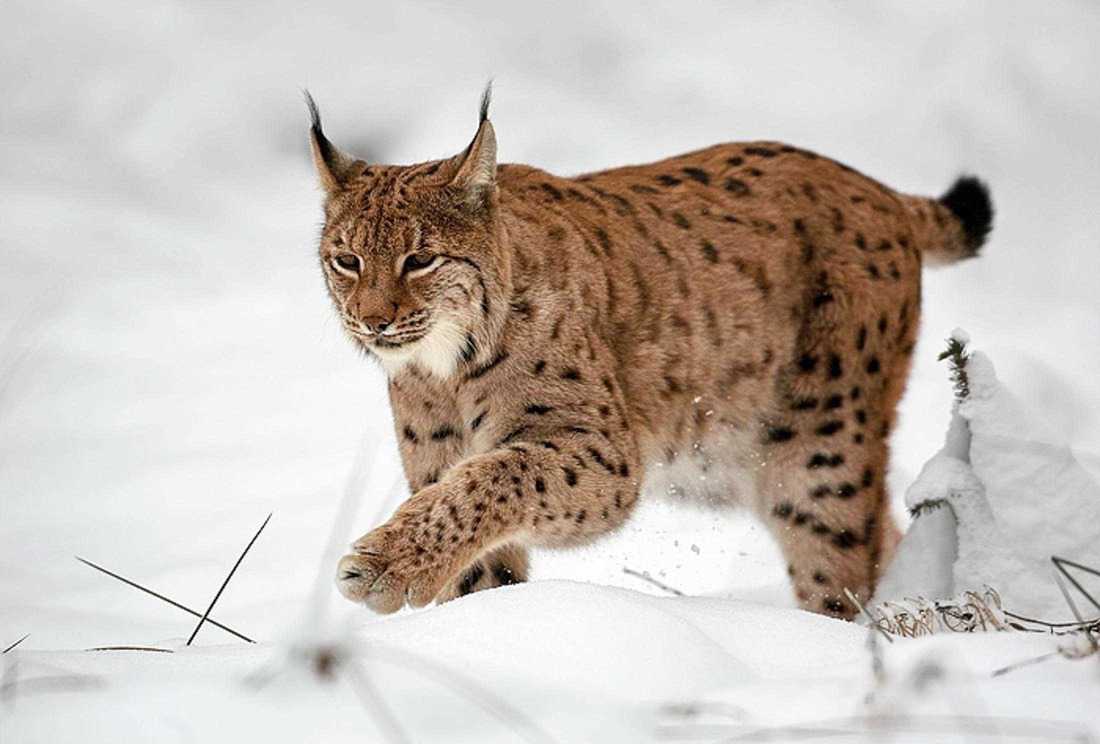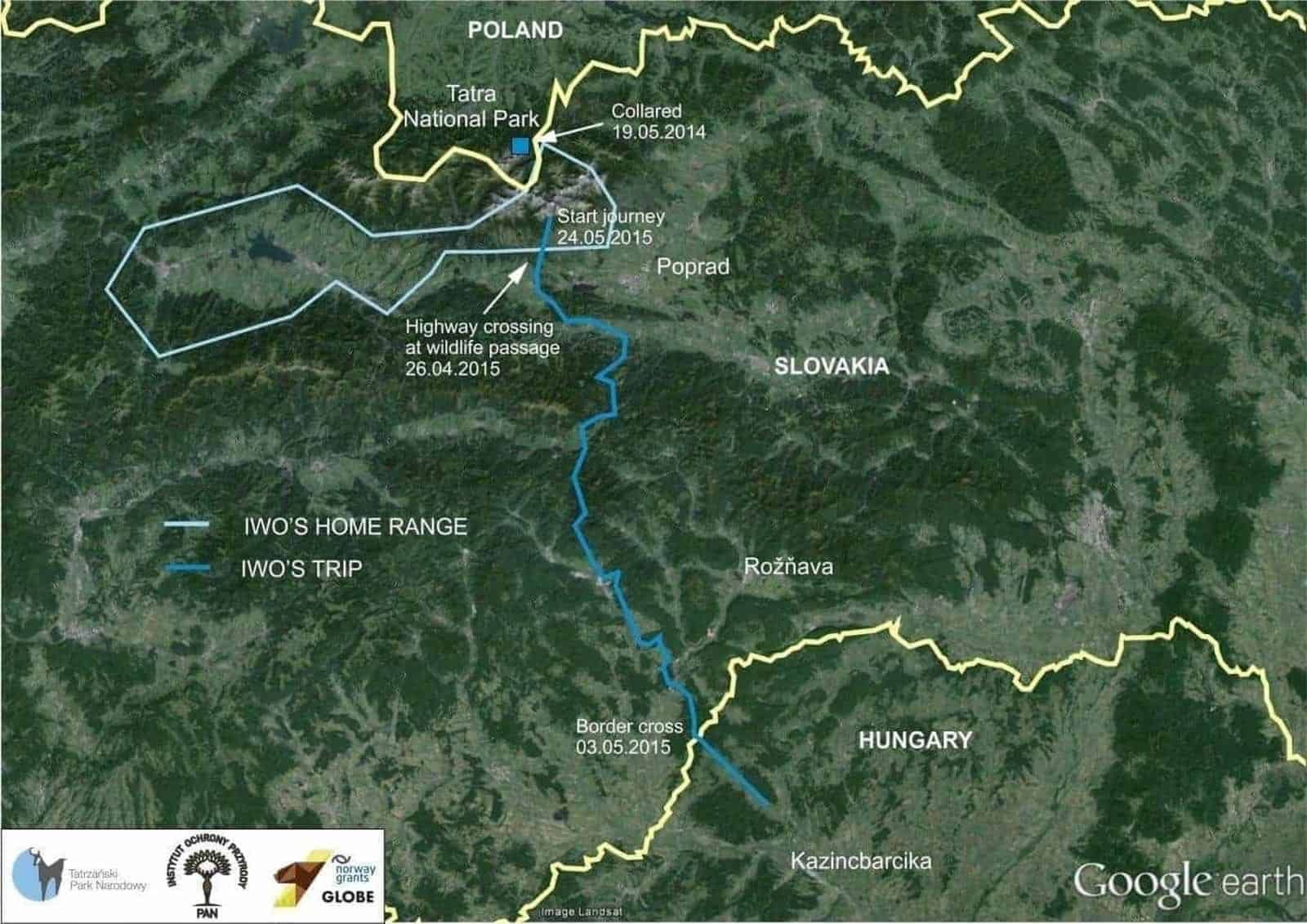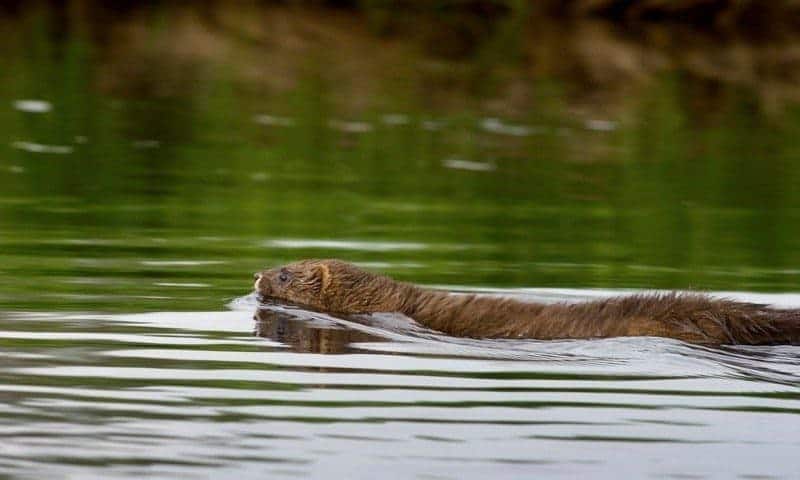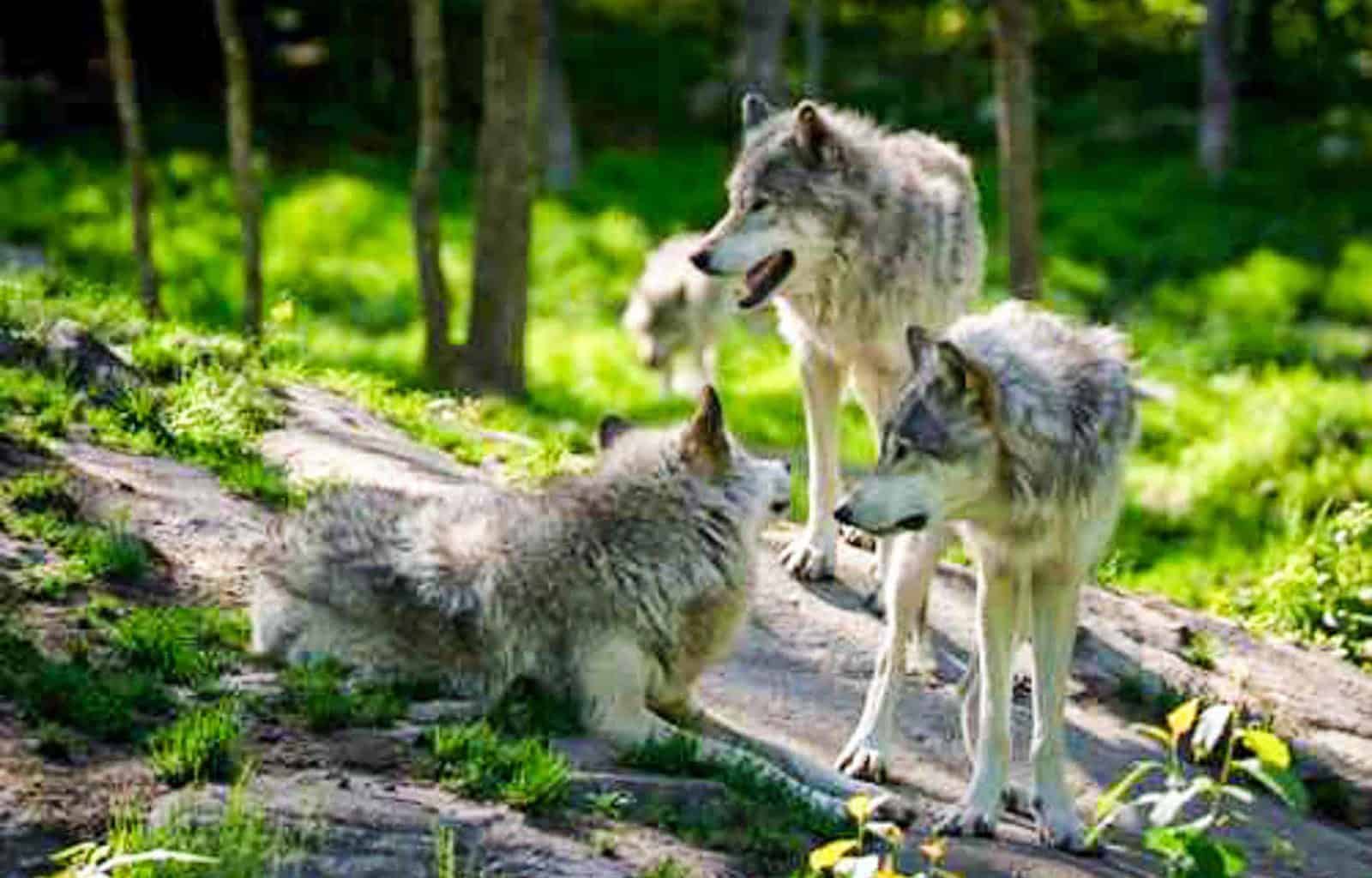Celebrating Austrian Day of the Butterfly
On March 14th, Austria is celebrating the Day of the Butterfly! Let us seize this opportunity to raise awareness about these beautiful insects. The butterflies are under pressure. Populations are declining as favourable habitats rapidly disappear, and humans keep using harmful insecticides. Meanwhile, climate change is impacting the butterflies’ life cycles, as seasons change and weather gets more extreme. The world needs butterflies, not only because they are beautiful. They have an important role in the pollination of many flowering plants, and they are an important food source for many birds.
Please also read: How the Apollo butterfly can save entire ecosystems
Using citizen science monitoring
The Austrian initiative ‘Blühendes Österreich’ (Blooming Austria) and ‘Global 2000’ have developed an app that allows you to record butterfly sightings. The Butterfly app is free to download in the iTunes and Android Store. Since the start, more than 11 000 butterfly-fans have downloaded the app. With this app, butterfly monitoring is using citizen science as a way to monitor butterfly occurrence across Austria. Thus far, more than 380 000 recordings have been entered in the database of nearly 200 different butterfly species.
These recordings are helpful for scientists to monitor population trends for example. As our climate is changing, so is the occurrence of butterfly species, both in place and time. At the same time, many butterfly species, as well as other insects, are declining in population size due to less favourable habitats.
Butterfly populations are declining
Like many other insect species, butterflies are rapidly declining. Compared to the rest of the world, the decline in Europe is even the worst, states The Guardian. This can be because there is more data available in Europe, but nevertheless the trend is worrying. All across the continent, natural areas are converted to urban and agricultural lands. This forces insects to seek their shelter elsewhere. At the same time, protected natural areas witness a similar decline as well. It seems that this is driven by climate change, yet more research is needed to understand the drivers better.
As we are losing our butterflies rapidly, people start to wonder: is it too late to save our insects? Experts still have hope, but it will require changes in our way of living. It would mean that we have to ban harmful insecticides, create more insect-friendly meadows and have effective legislation for this. We could start by focusing on some of the most important butterfly species, the so-called umbrella species.
Saving butterfly umbrella species
Umbrella species are those species that bring benefits to many other species in terms of conservation. When protecting a habitat that is critically important for an umbrella species, many other species benefit too as they rely on the same type of habitat. So, by protecting one umbrella species, you can protect many species at the same time.
One of these umbrella species is the Apollo butterfly. The Apollo (Parnassius apollo) is one of the most protected butterflies in Europe. It is protected in various international agreements, yet its population is still declining. For its reproduction, the Apollo needs southern-facing rocky slopes with sedum plants. Overgrowing of bushes and trees is a common threat to these habitats, upon which also many other species depend. In their adult life, the Apollo depend on flowers with nectar, like many other insects.
To protect the Apollo butterfly in Central Europe, and with it many other species and habitats, the European Wilderness Society submitted recently together with a great consortium a project proposal to the LIFE programme. Later this year, we will know whether the European Commission will financially support this project and help the Apollo conservation efforts in Austria, Poland and Czech Republic.













